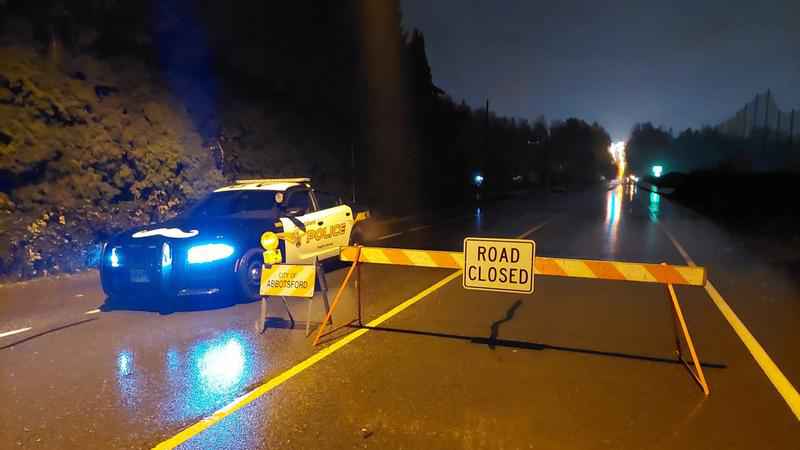At least 1 dead from mudslides in western Canada
[anvplayer video=”5070897″ station=”998130″]
The body of a woman has been recovered from a mudslide caused by extremely heavy rainfall in the western Canadian province of British Columbia. Police said Tuesday that search and rescue personnel are continuing to look for other possible victims.
The search and rescue manager for the Pemberton District says his team came across seven vehicles at the slide site near the town of Lillooet and police are trying to determine if there are any other bodies. The Royal Canadian Mounted Police says the total number of people and vehicles unaccounted for has not yet been confirmed.
The RCMP says investigators have received reports of two other people who are missing but adds that other motorists may have been buried in the slide.
Earlier, helicopters worked to ferry out 275 people from a slide site on Highway 7. The mudslides rolled over the highway during an "atmospheric river" that brought a deluge of rain and flooding to the southwest and central parts of the province. Hundreds of travelers were trapped on the highway overnight.
The torrential rain closed highways, overwhelmed rivers and creeks and caused the wastewater treatment plant in Merritt to break down, forcing the evacuation of the city of 7,000.

Flooding, mud, and rockslides have closed roads in Abbotsford, British Columbia.[Abbotsford (BC) Police Department]
More than 20 emergency centers have been activated to help house stranded travellers.
In a statement posted on Twitter, Prime Minister Justin Trudeau said the federal government is ready to help British Columbians affected by flooding and extreme weather, urging people to stay safe.
The city of Abbotsford opened a reception center Sunday for residents who couldn’t get home or who were evacuated because of mudslides or flooding at several locations.
The city says in a statement that mud or rock slides have cut off several routes, and that those who need shelter or assistance can go to the Abbotsford Recreational Centre.
To the south, flooding and landsides prompted the complete closure of the West Coast’s main north-south highway near Bellingham, Washington. The Interstate 5 closure was caused by the ongoing threat from debris and floodwaters.
The extreme weather came from an atmospheric river – a huge plume of moisture extending over the Pacific and into Washington and Oregon.